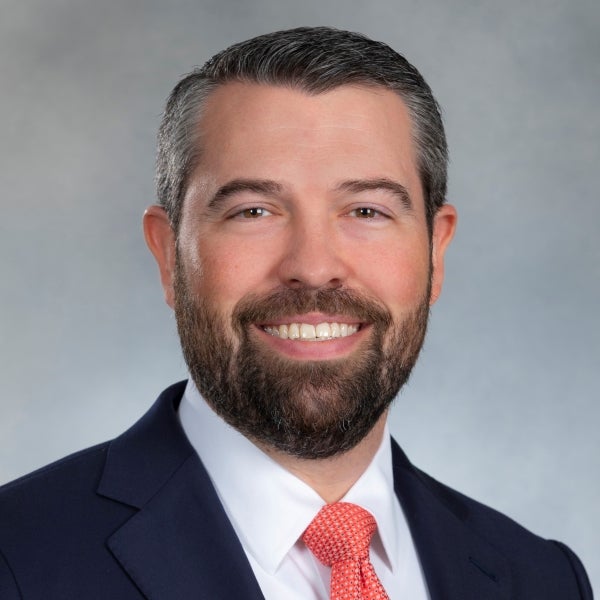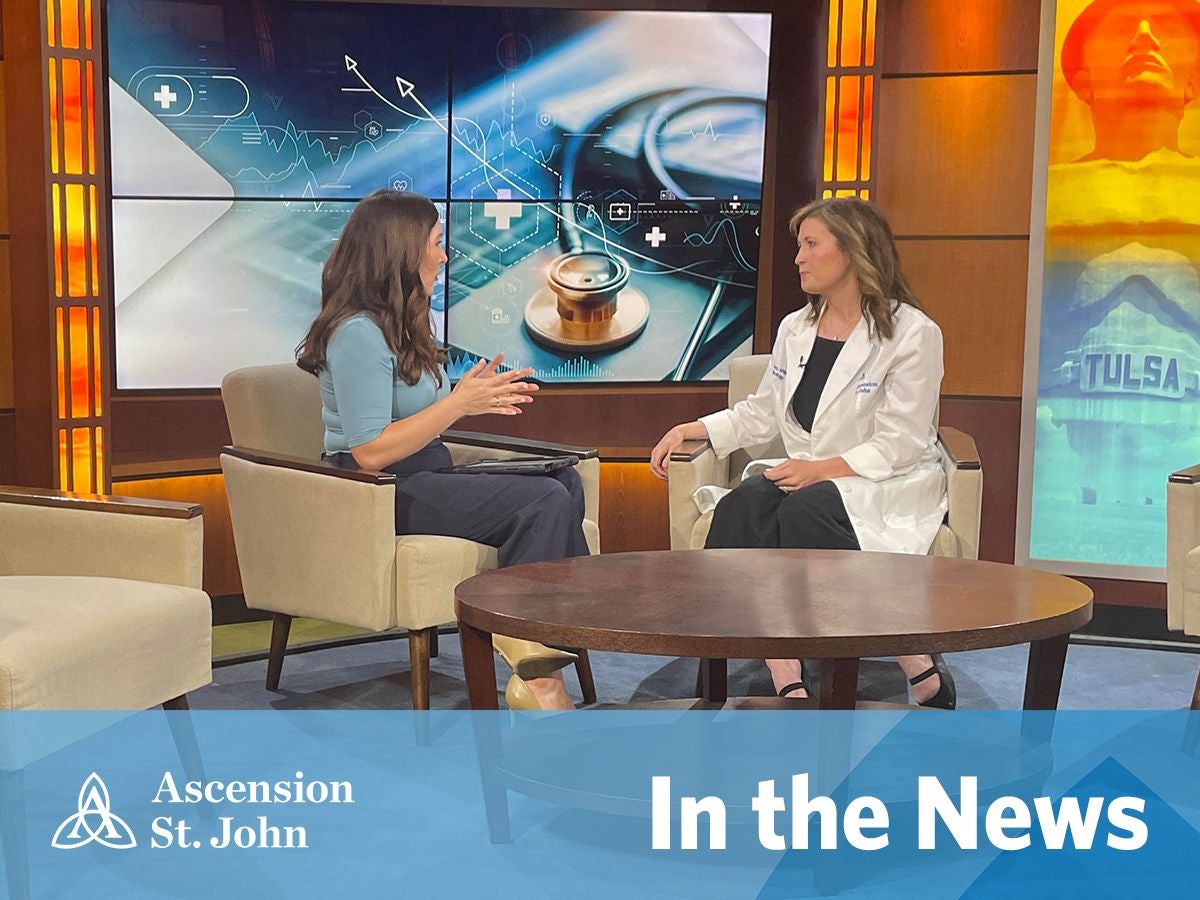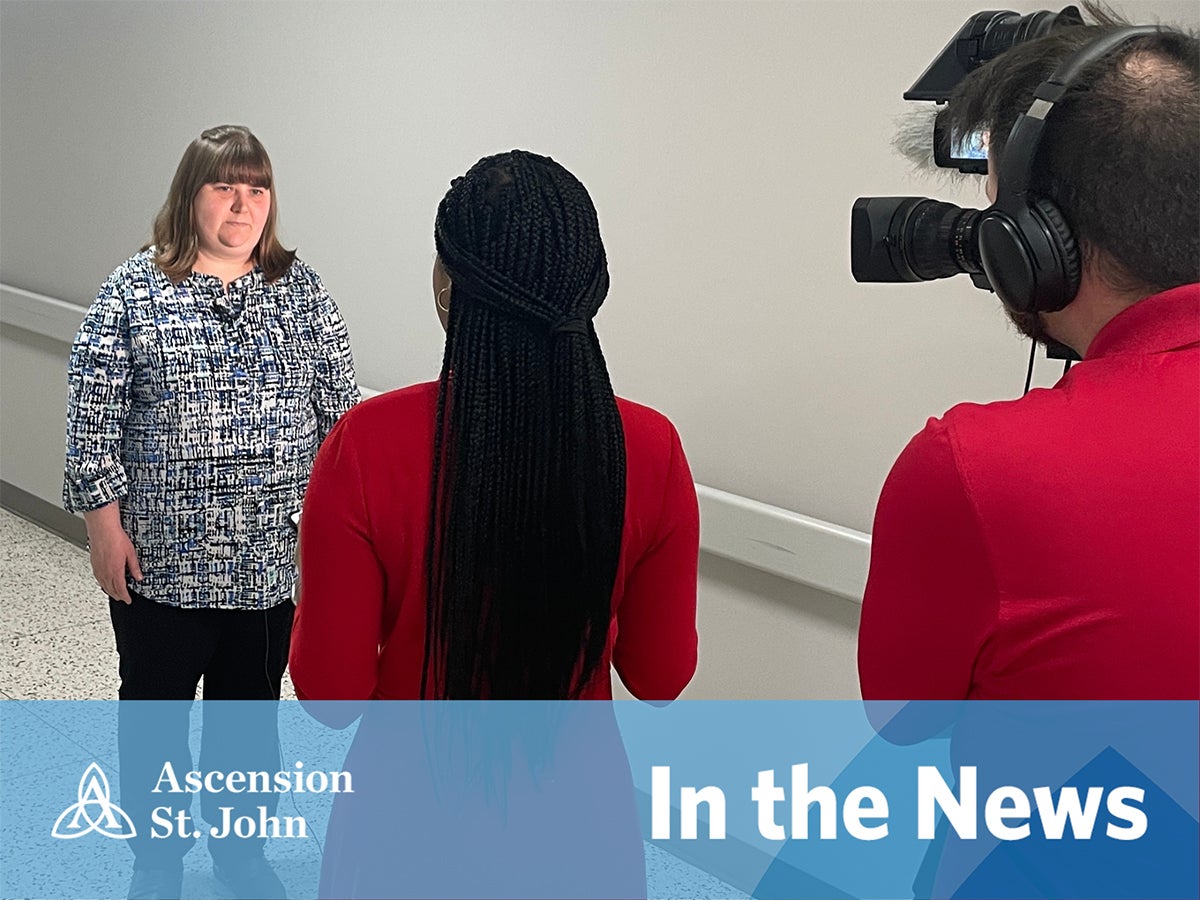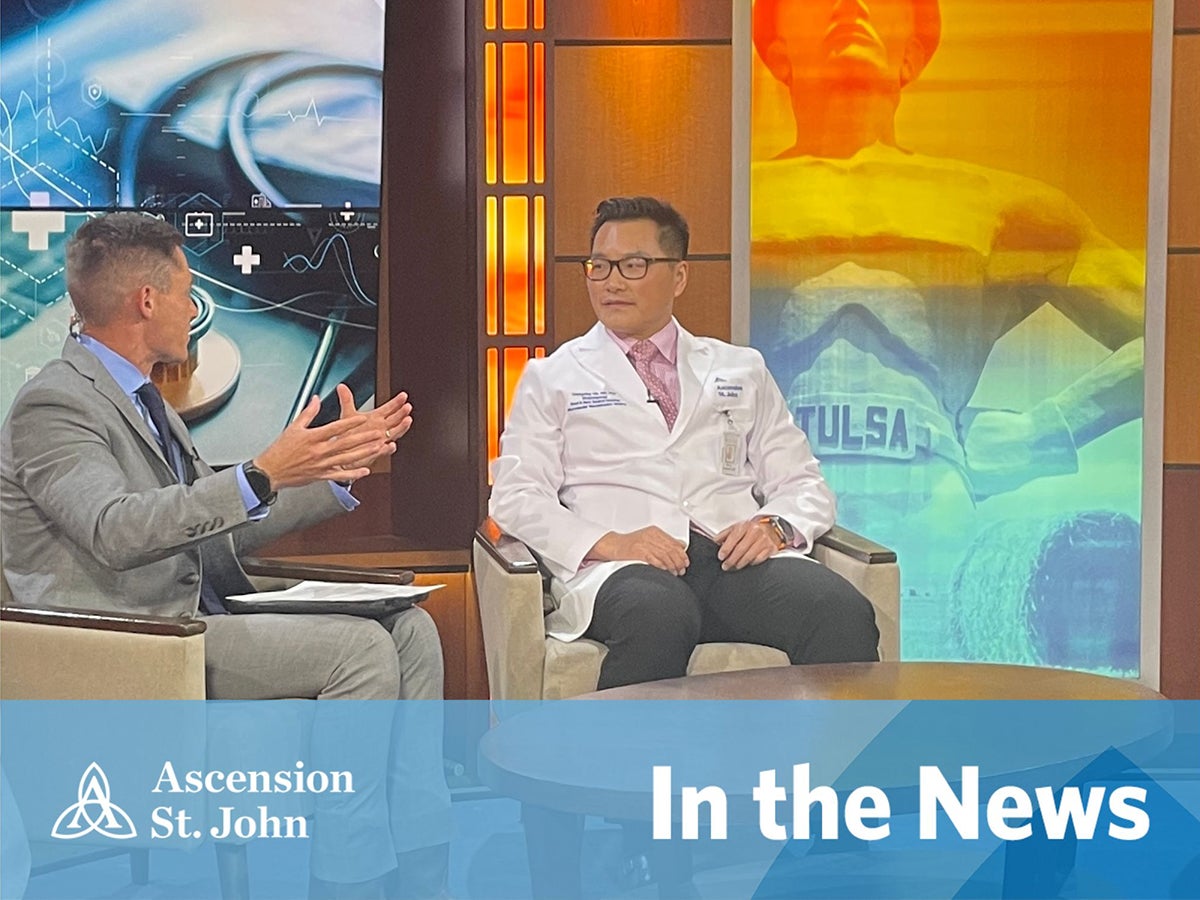Every day across northeast Oklahoma, caregivers at Ascension St. John live out our mission to deliver quality, compassionate care – with special attention to the poor and vulnerable – to Oklahomans in need. I’m honored to be part of this ministry that seeks to bring health, hope, and healing to all.
Ascension St. John has sought to go above and beyond in the communities we serve, not merely preserving the status quo, but by making major investments that increase access and improve quality. Whether it’s making advancements in surgical robotics or deploying Oklahoma’s first fully digital mobile PET/CT system, we’re working toward a healthier future for Oklahoma.
And as advocates for Oklahoma’s urban and rural communities, we also recognize when it’s important to advocate for public policies that will build on the progress we’ve made rather than turn us around. That’s why recent developments related to federal cuts to Medicaid are so concerning.
In Washington, DC, Congress has been working on legislation that touches nearly every issue Oklahomans care about, from taxes to immigration to health care. As part of this major budget reconciliation package, commonly referred to as the “One Big Beautiful Bill Act,” both the House and Senate have considered sweeping changes to Medicaid, the vital safety net that has provided health insurance to low-income families and individuals for decades.
Medicaid covers nearly one million Oklahomans through SoonerCare, including 69 percent of nursing home residents, 47 percent of children, and 35 percent of adults with disabilities. Taken together, the full scope of changes to Medicaid and other federal health programs being considered by Congress could cause more than 100,000 Oklahomans to lose their health insurance coverage.
Recently, the focus has turned to a critical financing mechanism known as state-directed payments, which states like Oklahoma use to bridge the gap between what Medicaid reimburses to providers and the actual cost of providing care. For example, Ascension St. John experienced a $29.4 million shortfall in Medicaid reimbursement in 2024, a number that will grow substantially if these restrictions are implemented.
The House-passed a version of the bill that prevents future increases to these payments. Now the U.S. Senate has released its version of the bill that restricts state-directed payments even further. This is a big problem.
Under this policy, rural and safety-net hospitals in Oklahoma will be hit hardest. Our state already has one of the highest closure rates in the nation for rural hospitals, which regularly operate on thin margins. We can’t afford to lose any more hospitals.
Many Oklahomans, especially those who live in rural communities, already understand what hospital closures mean for them. It means less access to care, longer drives for regular appointments, and potentially life-threatening delays in care. And not just for Medicaid beneficiaries, but for the whole community. It means fewer jobs, emergency services, and economic vitality in regions that have been neglected for too long.
There are more balanced, less abrupt approaches to improving Medicaid so that it works better for those who rely on it, but the current proposals do not fit the bill. They would usher in severe, unintended consequences for our health care system that could reverberate across Oklahoma and the nation. I urge our elected officials to stand up for Oklahoma’s rural hospitals and residents and chart a better path forward.




